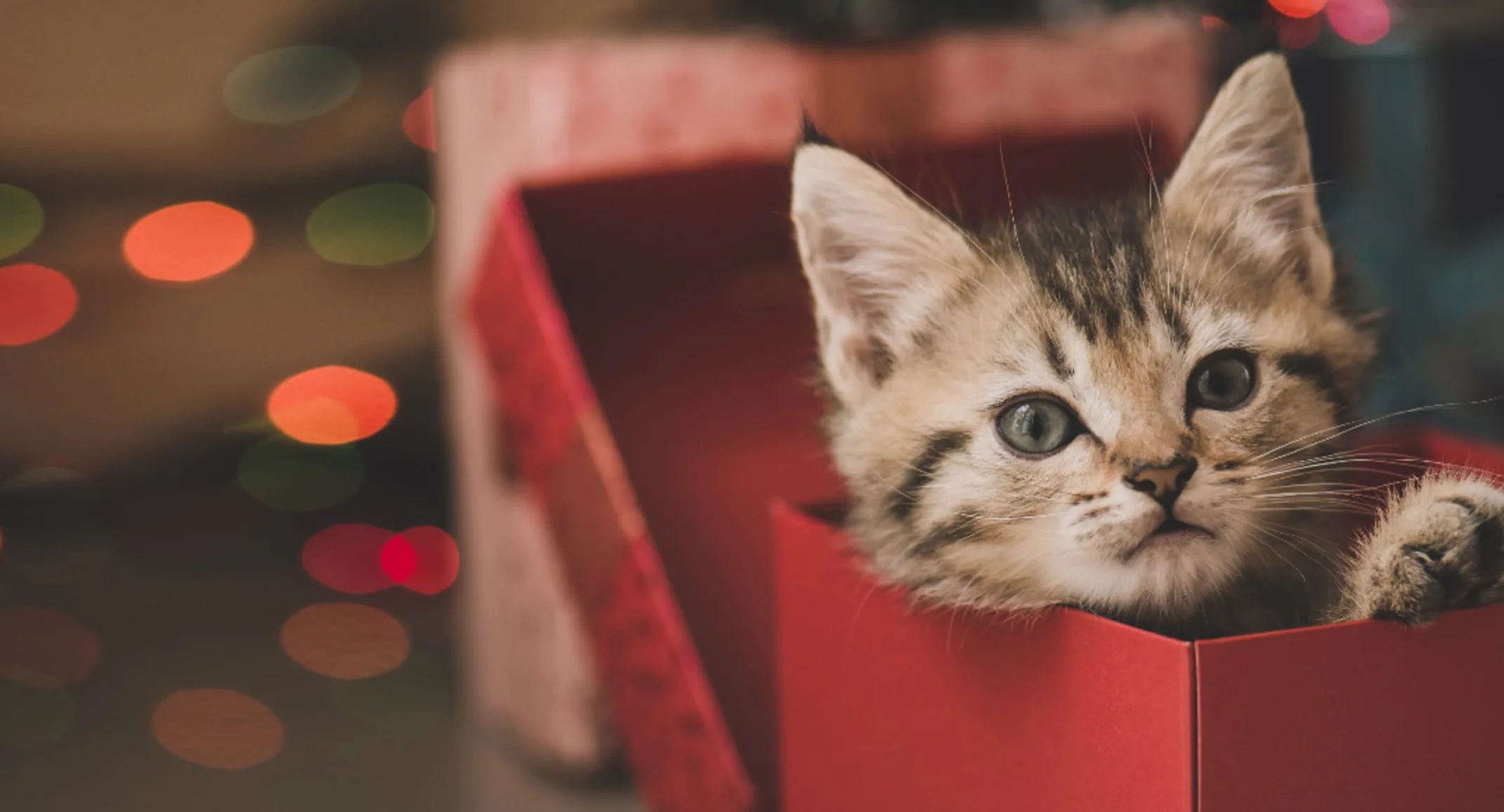Winter Holiday Pet Safety (Part 2)
Pet Safety

In this second part of the series on winter holiday pet safety, we are going to discuss popular plants for the festive season.
Poinsettia Plant
Poinsettia plants are not as toxic as they were once believed to be. Nevertheless, the milky white sap can cause vomiting, drooling, and/or diarrhea if ingested. If the sap is exposed to the skin, dermal irritation including redness, swelling, and itchiness may develop. Exposure to the eyes can result in a conjunctivitis.
Mistletoe
When ingested by pets, berries from the Mistletoe plant can result in gastrointestinal irritation including drooling, vomiting, diarrhea, and abdominal pain. When eaten in large amounts decreased heart rate, collapse, hypotension, ataxia, seizures, and death have also been reported.
Holly
Christmas or English Holly berries contain a toxic substance which can result in gastrointestinal upset with vomiting and diarrhea when ingested. Moreover, ingestion of the spiny leaves can lead to lip smacking, drooling, and head shaking due to mechanical irritation.
Lilies
There are many different types of Lilies, some of which are only mildly toxic, while some are very poisonous to pets. Lilies that are mildly toxic include the Peace, Peruvian, and Calla Lilies. These contain insoluble oxalate crystals that cause tissue irritation to the mouth, tongue, pharynx, and esophagus. Mild clinical signs of drooling, pawing at the mouth, foaming, and vomiting may be seen.
The more dangerous and potentially fatal Lilies are true Lilies of the Lilium or Hemerocallis species, examples of which include the Tiger, Day, Asiatic, Easter, and Stargazer Lilies. They are all highly toxic to cats. All parts of the plant, including the leaf, pollen, stem, and flower, are considered poisonous, but the exact toxin has not been identified. Ingestion can lead to severe acute kidney failure within 24 to 72 hours.
Lily of the Valley is also toxic to dogs and cats. It affects the heart, causing arrhythmias and hypotension, and can progress to seizures or coma.
Amaryllis
The Amaryllis is toxic to both dogs and cats. Toxins reside in the leaves, stems, and bulbs and ingestion can lead to clinical signs such as drooling, vomiting, diarrhea, abdominal pain, hypotension, and tremors.
Christmas Cactus
Christmas Cactus plant is considered non-toxic, however, mild gastrointestinal upset such as vomiting and diarrhea may occur if ingested.
Christmas Tree
Cedars, Pines, and Firs are considered only mildly toxic. Ingestion of tree needles can be irritating to the mouth and stomach resulting in vomiting, diarrhea, and drooling. If a large amount is eaten there is a risk of gastrointestinal obstruction.
Preservatives, pesticides, and fertilizers are commonly used in the water to keep the tree fresh. Pets drinking this water may end up with gastrointestinal upset including vomiting and diarrhea. A covered tree water dish is recommended.
To keep our pets safe, it is best to check if a plant is toxic before bringing it into your home. Petpoisonhelpline.com keeps an extensive list of toxins on their website and is a great source of information on pet safety. If you suspect that your dog or cat has eaten toxic plant materials, do call us and come in ASAP for an assessment so that appropriate treatments can be given.
All of us at the Forest Hill Animal Clinic wish you a wonderful holiday and a Happy New Year!!

